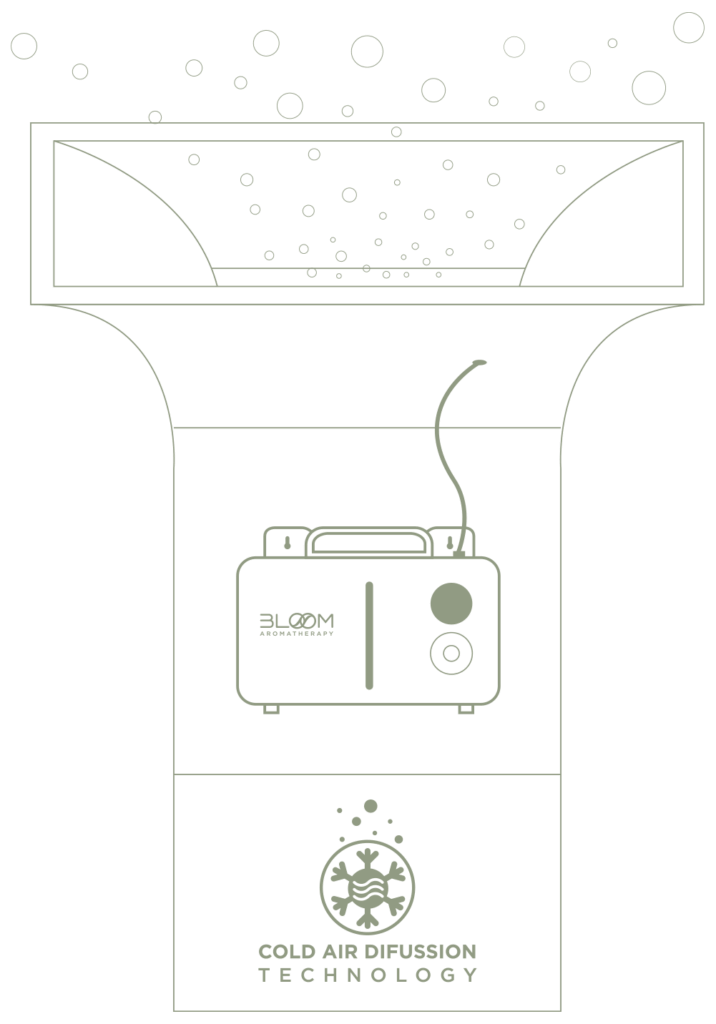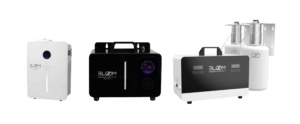The Power of Scent Marketing.
The Power of Scent Marketing: Enhancing Sales and Customer Experience
In today’s competitive business landscape, companies are continually searching for innovative ways to attract customers and boost their sales. One emerging and effective strategy that has captured the attention of marketers is “scent marketing.” Scent marketing is the art of utilizing specific scents or fragrances to influence consumer behavior, enhance brand perception, and create a memorable customer experience. By tapping into the powerful sense of smell, businesses can forge deeper emotional connections with their target audience, ultimately leading to increased sales and customer loyalty.
Understanding Scent Marketing
Scent marketing capitalizes on the human brain’s olfactory system, which plays a crucial role in processing emotions and memories. When we encounter a specific scent, it triggers a cascade of reactions in our brain, leading to various emotional responses. Pleasant aromas can evoke positive feelings, happiness, and nostalgia, while unpleasant scents can create discomfort or even repulsion.
In retail environments, hotels, spas, and other public spaces, scent marketing aims to create a unique ambiance that aligns with a brand’s identity and values. It goes beyond visual and auditory marketing cues, adding another layer of sensory experience to influence consumer behavior.
The Impact on Consumer Behavior
The sense of smell is deeply connected to our emotions and memory. When a pleasant scent is associated with a brand or a specific location, it can create a lasting positive impression on customers. Studies have shown that people tend to remember scents with 65% accuracy after a year, while visual memory drops to a mere 50% after only three months. This retention of scent memories gives businesses a powerful tool to create brand recognition and customer loyalty.
Moreover, scent marketing can influence purchasing decisions. A pleasant and inviting aroma can make customers feel more comfortable and relaxed, encouraging them to stay longer in a store or a hotel lobby. In retail settings, this increased dwell time translates to more opportunities for customers to explore products and make purchases. Additionally, specific scents can evoke feelings of luxury, cleanliness, or freshness, which can positively impact the perceived value of products or services.
Creating a Unique Brand Identity
Just like logos, colors, and slogans, scents can become part of a brand’s identity. Businesses can use signature scents to create a consistent and recognizable brand image across all touchpoints. When customers encounter that specific scent in different locations or through various marketing channels, they subconsciously associate it with the brand, reinforcing brand loyalty.
For example, a luxury hotel chain might use a distinct fragrance throughout its properties, making guests feel at home in any of their locations. A coffee shop might employ the aroma of freshly brewed coffee to entice passersby and create an inviting atmosphere that draws customers inside.
Implementing Scent Marketing Strategies
To harness the power of scent marketing effectively, businesses should follow these key steps:
Understand the Target Audience: Identify the preferences and emotions of the target demographic to select scents that resonate with them.
Consistency: Ensure that the chosen scents align with the brand’s identity and are consistently used across all customer touchpoints, whether it’s in-store, online, or through promotional materials.
Subtlety: Avoid overwhelming customers with strong scents, as this can lead to discomfort. A subtle and pleasant aroma is more likely to create a positive impact.
Testing and Feedback: Conduct thorough testing to gauge customer reactions to different scents. Gathering feedback from customers can help fine-tune the scent marketing strategy.
Legal Considerations: Be aware of any allergies or sensitivities that customers may have to certain fragrances, and comply with relevant regulations regarding the use of scents in public spaces.
Scent marketing offers a unique and effective way to enhance the overall customer experience and boost sales. By appealing to customers’ emotions and creating positive associations, businesses can foster brand loyalty and create lasting impressions. As competition continues to intensify, harnessing the power of scent marketing may prove to be a game-changer for forward-thinking businesses looking to stand out in the market and leave a lasting impression on their customers.



Advanced Scent Marketing that can increase sales and customer awareness. By introducing scent marketing to your business you unlock a new level of brand consciousness.
Who uses scent marketing?
Scent marketing is utilized by a diverse range of businesses and industries to enhance their marketing efforts and create a unique brand experience. Some of the industries and businesses that commonly use scent marketing include:
Retail Stores: Many retail stores, including clothing boutiques, electronics shops, and department stores, use scent marketing to create an inviting and pleasant shopping environment. The right scent can encourage customers to stay longer, explore more products, and feel more comfortable, ultimately leading to increased sales.
Hotels and Resorts: Luxury hotels and resorts often employ signature scents in their lobbies, common areas, and even guest rooms. A carefully chosen fragrance can evoke feelings of relaxation and luxury, leaving a lasting impression on guests and enhancing the overall experience of their stay.
Spas and Wellness Centers: Scent marketing is commonly used in spas and wellness centers to promote relaxation and stress relief. Calming aromas can help guests unwind and enjoy their treatments to the fullest.
Restaurants and Cafes: A pleasant aroma can set the right mood in a restaurant or café, making customers feel more comfortable and positively influencing their dining experience. Certain scents, such as freshly baked bread or coffee, can be particularly enticing.
Shopping Malls: Some shopping malls incorporate scent marketing in their common areas and walkways to create a pleasant atmosphere and encourage shoppers to spend more time exploring different stores.
Automotive Showrooms: Car dealerships often use scents to improve the showroom experience for customers. A fresh and appealing scent can help make a showroom visit more enjoyable and memorable.
Fitness Centers and Gyms: In fitness facilities, scents associated with cleanliness and freshness can contribute to a positive perception of the space and motivate people to work out.
Cinemas and Theaters: Scent marketing can be used in cinemas and theaters to enhance the movie-watching experience and create a unique atmosphere during intermissions.
Airports and Transportation Hubs: Some airports and transportation hubs use scents to improve the overall travel experience and create a more pleasant environment for passengers.
Real Estate: In the realm of real estate, scents are sometimes used to enhance the appeal of properties during open houses and showings. A pleasant scent can make a home feel more inviting and leave a positive impression on potential buyers.
Brands and Retail Chains: Several well-known brands and retail chains have adopted scent marketing as part of their overall branding strategy. These scents are often used in their stores, offices, and even in product packaging to reinforce brand identity and create a memorable customer experience.
It’s worth noting that while scent marketing can be highly effective, businesses should be mindful of cultural differences, customer preferences, and any potential allergies or sensitivities that customers may have to certain fragrances. Careful consideration and testing should be done to ensure the chosen scents align with the brand’s values and resonate positively with the target audience. It is always recommended to not over saturate a space as it could have a negative effect and it is important to find a fine balance.
